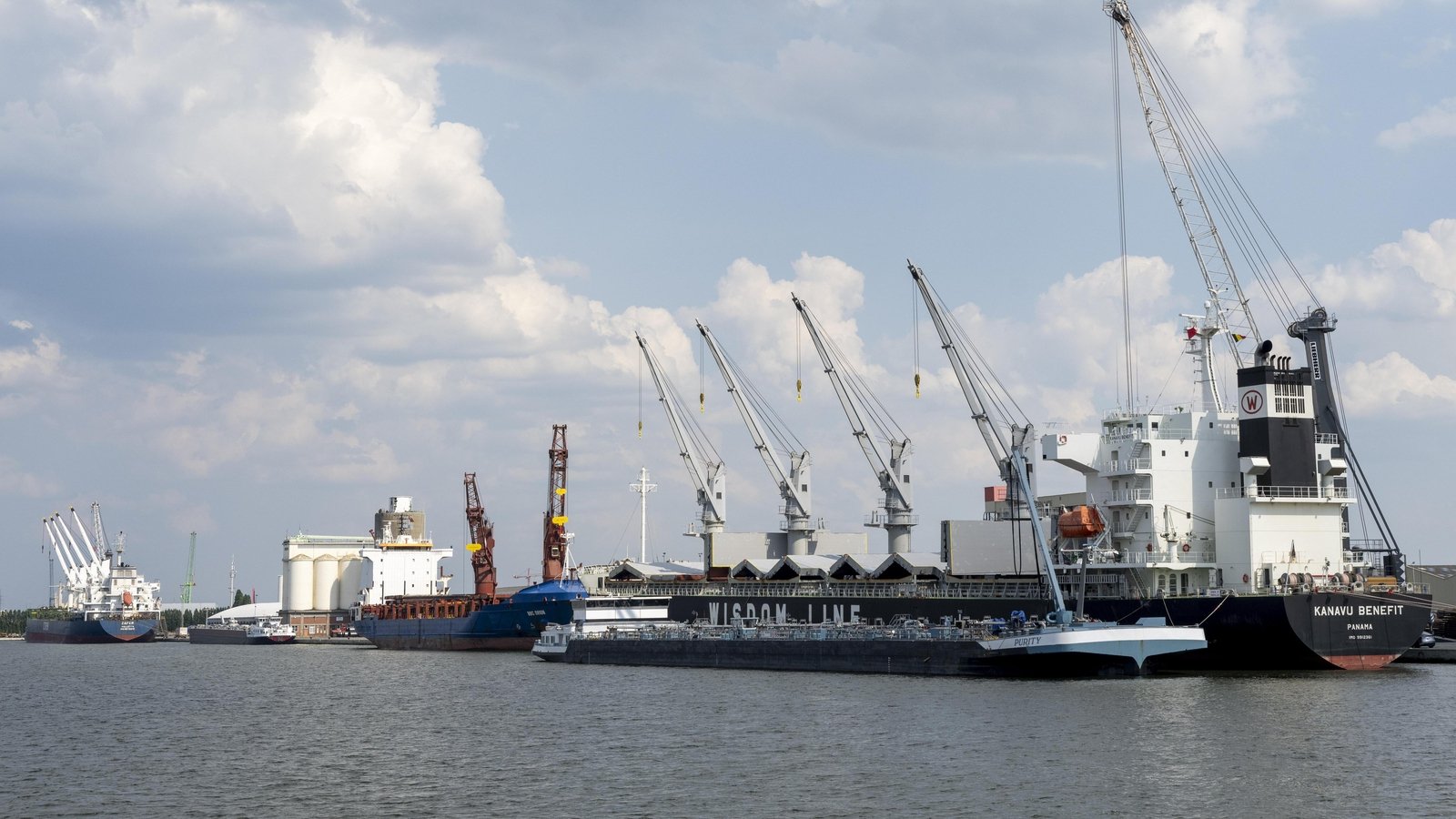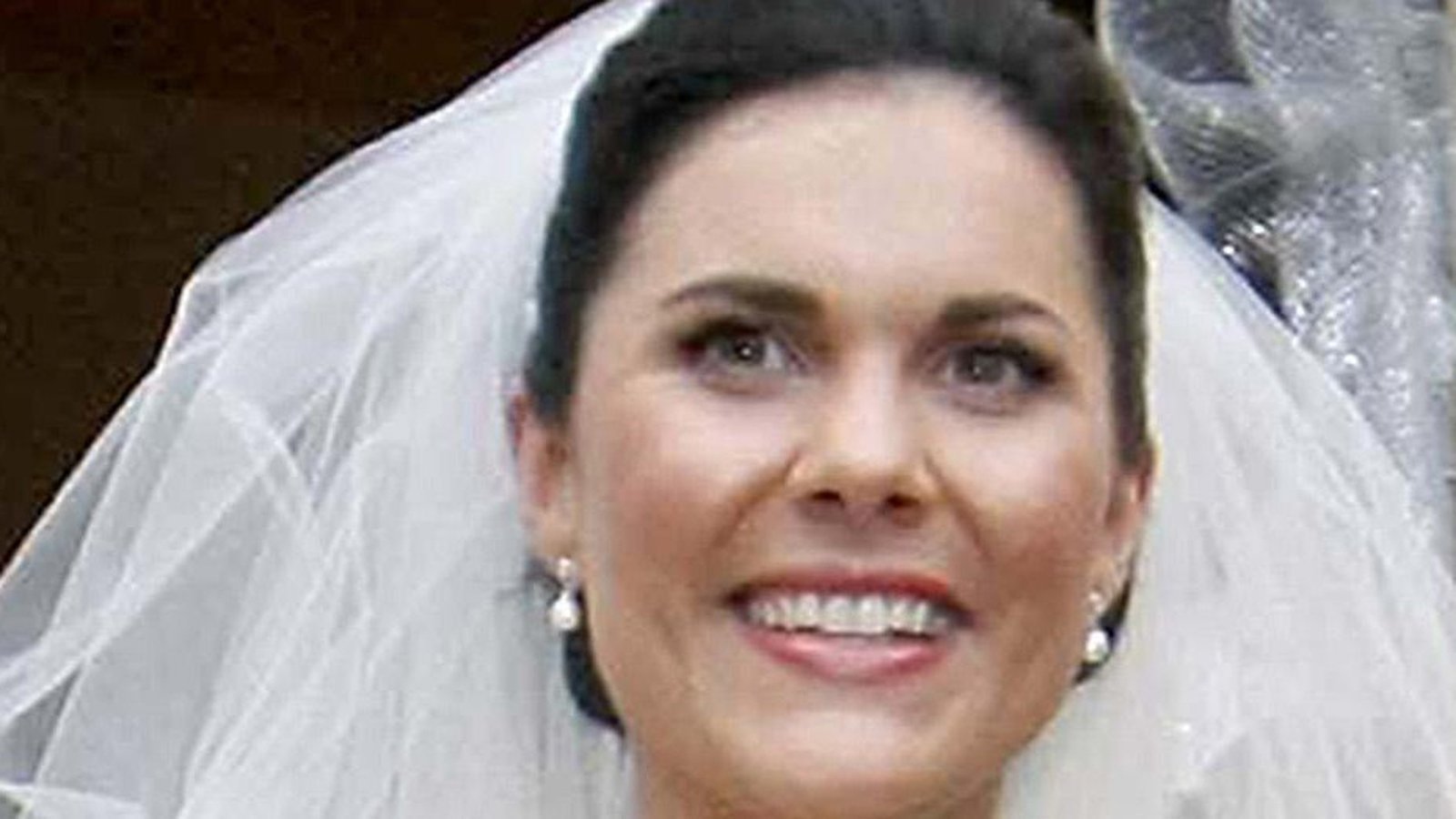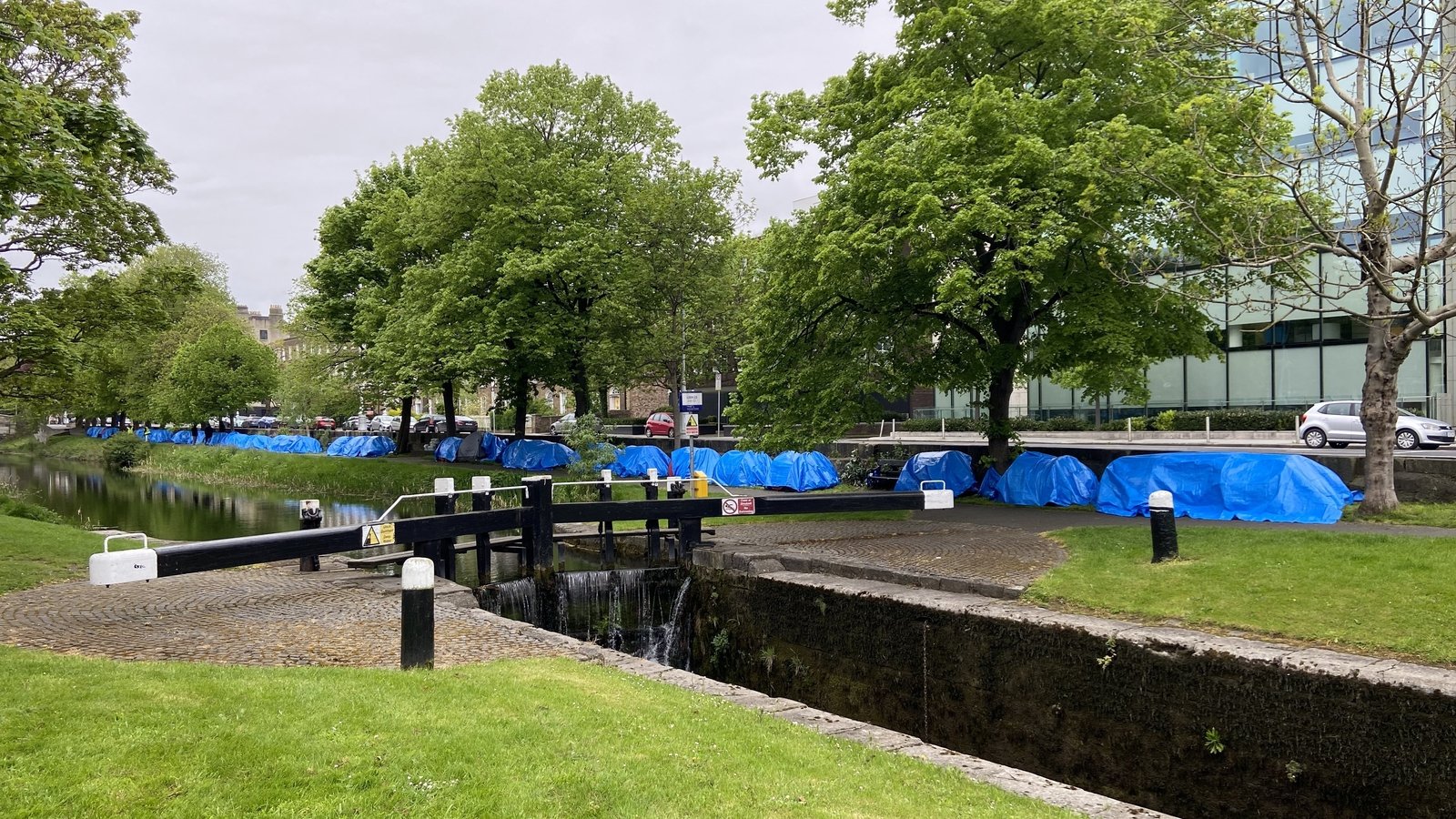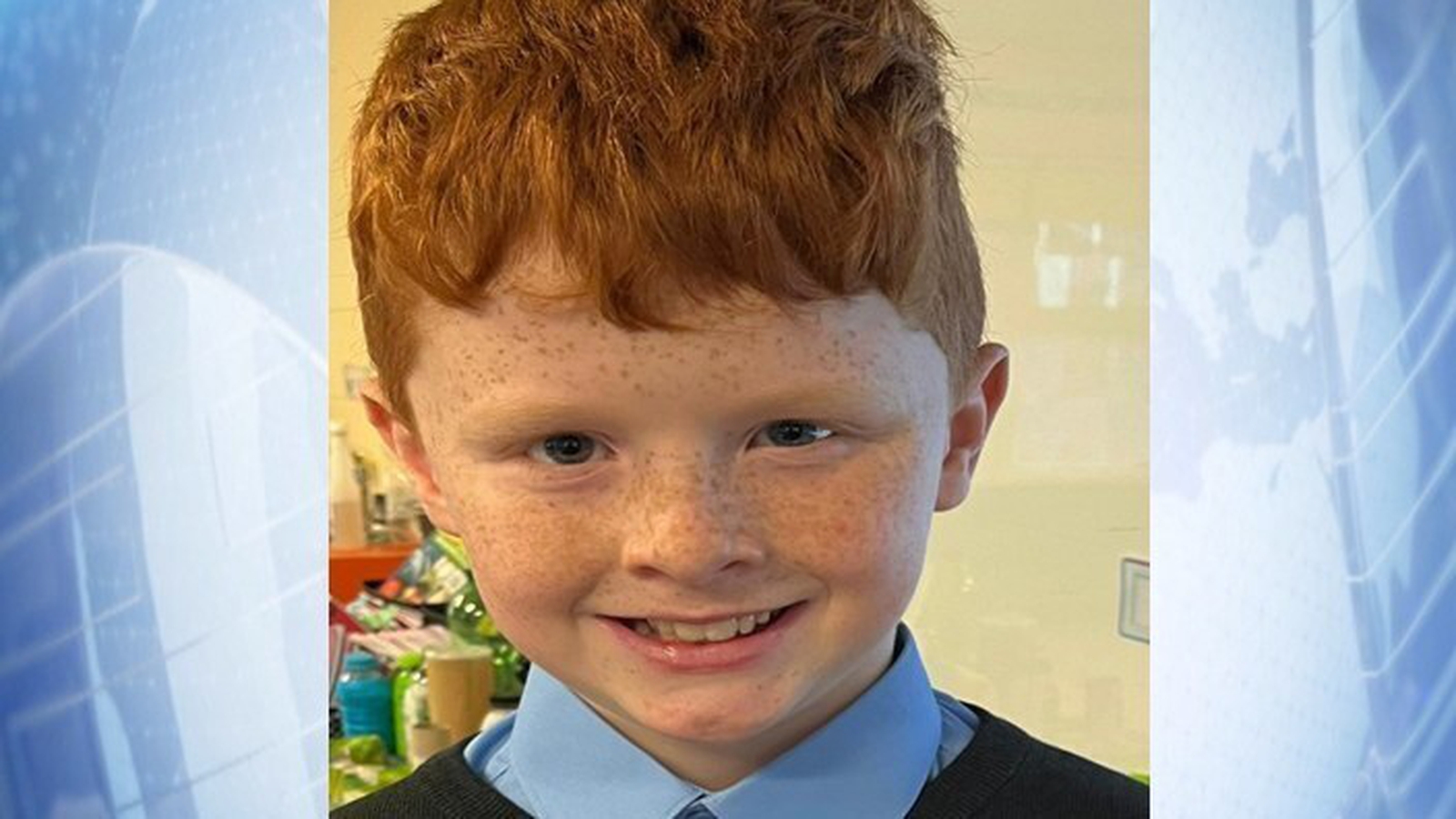Not to late to get Covid and flu vaccines, says HSE
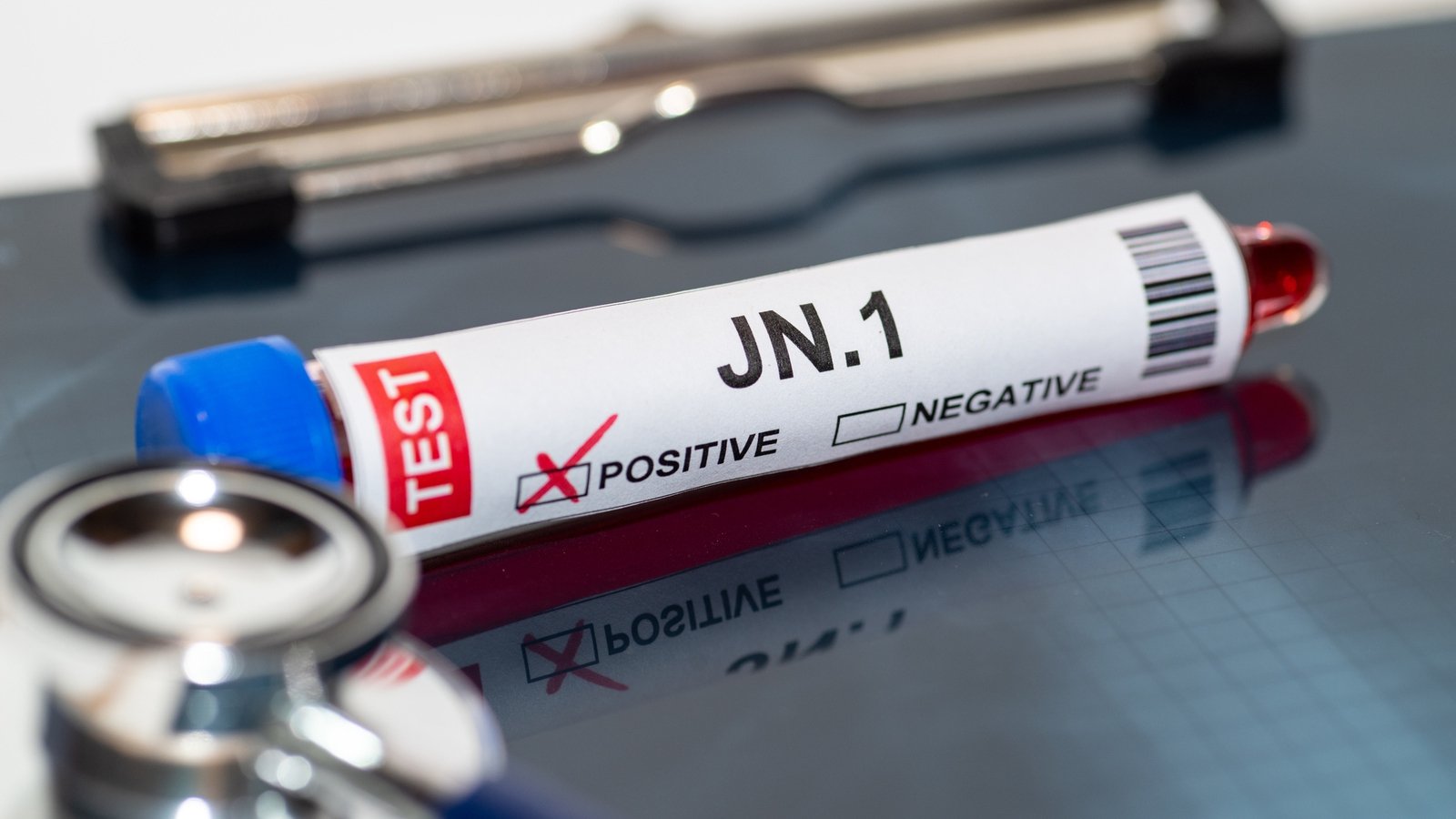
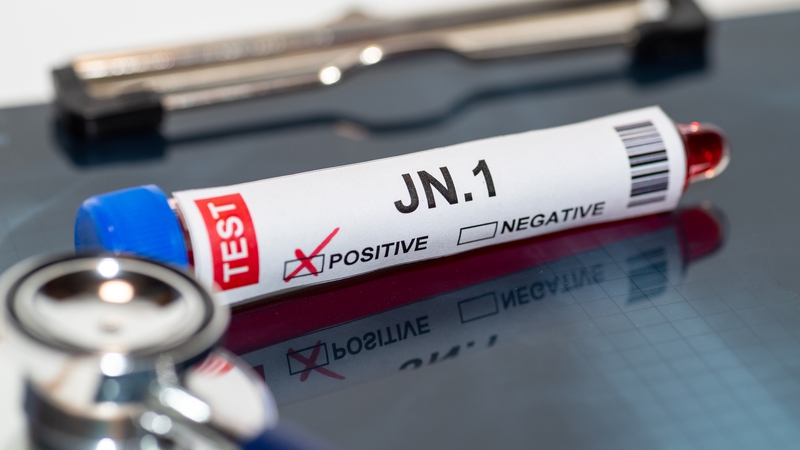
More than 800 people have attended hospital emergency departments with Covid and flu this week – representing what is being described by the Health Service Executive as a “very steep rise” in cases.
Health bosses say the increase is likely to cause significant pressures in hospitals. There are currently 30 outbreaks of Covid in hospitals and 24 in nursing homes.
HSE Chief Clinical Officer Dr Colm Henry has said; “we always expected to see a rise. We’ve seen a record numbers of RSV and that virus that affects mainly younger children and younger babies, we’ve seen record high levels of that virus in the weeks leading up to Christmas.”
Speaking on RTÉ’s Morning Ireland, he said; “what we’re seeing now is a steep incline in the number of cases of influenza and Covid-19 presenting to emergency departments, the latter, driven largely by this new subvariant JN.1, which is considerably more transmissible than the previous variant.”
Dr Henry added that it is not too late for people to get vaccinated.
“What we’re seeing this year is a lag compared to last year in in terms of the onset of this steep rise of a couple of weeks. So, I would urge anybody who has not yet been vaccinated to put themselves forward for influenza or for Covid-19 vaccination if they’re eligible because it will help prevent serious illness and it will help prevent spread of these illnesses of people who are more vulnerable.”
People can get vaccinated at some GP services and pharmacies. Details are available on the HSE website, he said.
“We’re making clinics available also for healthcare workers, also for children – for those between two and 17 – for the nasal vaccines.
“There are many different opportunities for people to avail of the vaccine … we prefer people to take it up as early as possible in the flu or Covid season, but it’s not too late.”
He added that the HSE is expecting to see a “considerable rise in people becoming sick. We’ve always known, and the message was always consistent throughout our experience of Covid to date and influenza, that if enough people get sick, or enough people acquire the virus, then eventually it makes its way to somebody who’s more vulnerable, particularly people, older adults, people with underlying conditions, people whose immune condition in the system isn’t completely up to scratch.
“It will find its way to somebody more vulnerable, and if enough people become infected, out in the community, then more vulnerable people will become infected, and more vulnerable people become ill and hence present to hospitals, and that’s what we’re expecting to see in next few weeks.”
On the HSE recruitment ban, Dr Henry said for this particular flu season a number of “surge measures” were introduced in the weeks before Christmas, which included “facilitating and allowing and encouraging our hospitals to recruit whatever staff they need in emergency and critical care settings.
“It’s important for people to note that everything we’re doing here, while there’s the pressures we’re seeing in these coming weeks would be felt right across the system, the risk is most concentrated in the Emergency Departments and for that reason we’re trying to not just make sure they’re adequately staffed to cope with the surge, we’re also encouraging people to use an avail of any other urgent or emergency” setting such as GPs and local injury units to avoid use of emerging departments if it’s not clinically necessary.

